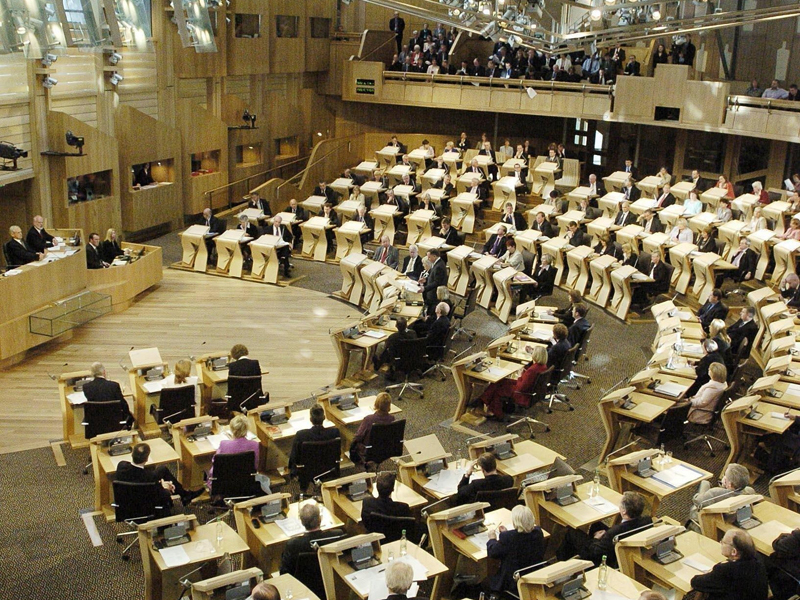A Highland clergyman has raised concern that voting for independence would turn Scotland into a secular state.
Former Free Church moderator the Rev Dr John Ross said he feared constitutional change would lead to Christianity being “deprived of its status as the national religion”.
The independence referendum on September 18 is being discussed at the Church’s annual General Assembly in Edinburgh later this month.
The denomination, which is taking a neutral stance in the debate, has published a series of papers advocating the case for a “yes” and “no” vote.
Mr Ross, who leads the Glenurquhart and Fort Augustus congregations, said: “The nationalist white paper states that in an independent Scotland no change will be made ‘to the legal status of any religion or of Scotland’s churches’.
“This is dishonest because change is inevitable.”
“The Yes campaign is not just asking us to vote for an independent Scotland but for a secular Scotland.
“Despite the fact that a majority of Scottish people, 54%, consider themselves Christian, in an independent Scotland, as a matter of public policy, and for the first time since the Reformation, Christianity will be deprived of its status as the national religion.”
But the Rev Gordon Matheson, who leads a Free Kirk congregation on Skye, said he did not foresee any dramatic change to the current constitutional arrangements,
He argued that Scotland’s post-devolution settlement provided no special priority to the Christian Church in public life.
Mr Matheson said: “Whilst it could be argued that a ‘yes’ vote would lead to a secular Scotland, similarly a ‘no’ vote will leave us with a secular Britain.
“Most of us feel far more connected to Holyrood than we do to Westminster, and I believe it will be easier for Christians to have a say in society in an independent Scotland.
“If Scotland becomes independent, the Free Church and others should be there from the beginning seeking to be salt and light.”
Meanwhile, the Scottish Secular Society has formally declared its support for independence following a consultation with members.
It said leaving the UK offered the only viable prospect for the protection and reinforcement of equality and inclusion.
Board member Elliot Bulmer said: “We believe the state should be neutral with regard to matters of religion, protecting the freedom of all, while privileging none.”
